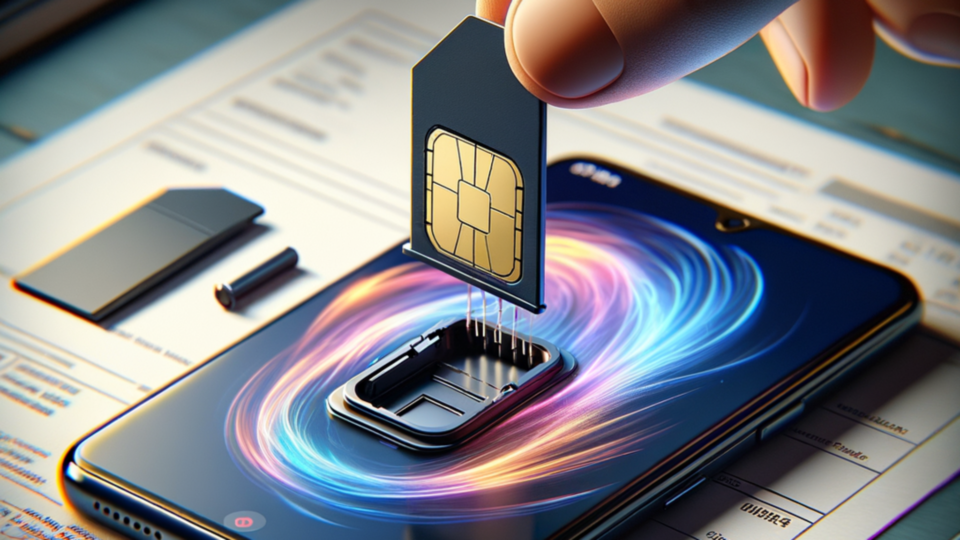
Government Plans to Enforce E-Invoicing for Consumer Transactions Within the Next 2-3 Years
An official stated that the government plans to make it necessary for firms to provide electronic or e-invoices for B2C transactions over the next 2-3 years. Businesses with a turnover of Rs 5 crore or more must create e-invoices for all B2B sales and purchases.
The administration intends to expand the e-invoice mandate to B2C transactions as well. Shashank Priya, a member of the Central Board of Indirect Taxes and Customs (CBIC), stated that GST systems must be upgraded and that effort is being made to put B2C (business to consumer) transactions under e-invoicing.
We are investigating the need for B2C e-invoices. GSTN capacity must be increased. Systems will have to be implemented. We need to choose which industries we can begin with first. It is a work in progress, but we expect to be able to go forward in the next few years, he stated at an Assocham event. Priya said that enterprises with a turnover of Rs 5-10 crore are not entirely issuing e-invoices and that CBIC inspectors are nagging non-compliant businesses.
Its (a firm with a revenue of Rs 5 crore sending e-invoices) adoption is still pretty slow. We’ve given you instructions. We are attempting to persuade taxpayers that it has certain benefits, such as ease of doing business.
Priya said at the National Conference on GST that GSTR-1 and e-way bills will be populated. The government has gradually made e-invoicing essential for firms. E-invoicing for business-to-business (B2B) transactions was made essential under the Goods and Services Tax (GST) law for enterprises with a turnover of more than Rs 500 crore from October 1, 2020, and was later extended to those with a turnover of more than Rs 100 crore on January 1, 2021.
Companies having a turnover of more than Rs 50 crore began generating B2B e-invoices on April 1, 2021, and the barrier was reduced to Rs 20 crore on April 1, 2022. The barrier was reduced to Rs 10 crore on October 1, 2022. The requirement was expanded to businesses with a revenue of Rs 5 crore from August 1, 2023.



